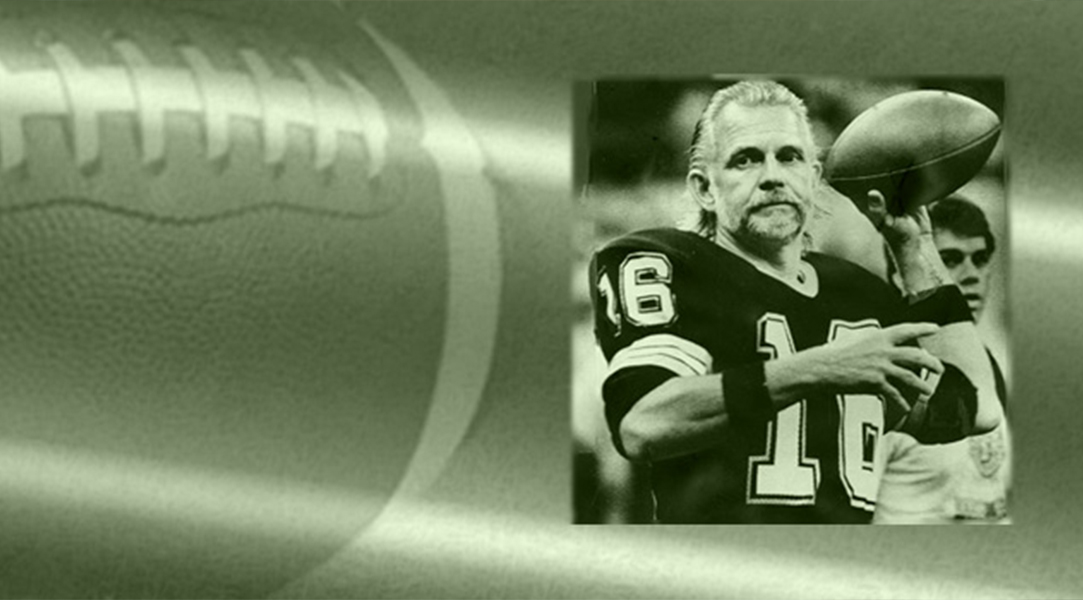From: Farris, Meg
Sent: Wednesday, February 3, 2016 6:34 PM
To: WWL-Web Team
Subject: Meg’s 6pm Stabler Story
Link: Saints QB Ken Stabler suffered from Chronic Traumatic Encephalopathy (CTE)
“A lot of people work very hard in their lives to be cool. Some people are just born with it, and Kenny was just one of the coolest guys I’ve ever been around,” said former Saints player Rich Mauti.
Former Saints players’ react to the news that the late, legendary NFL quarterback Kenny Stabler is found to have severe degenerative brain disease.
Kenny Stabler left his brain to doctors, in hopes of uncovering why, only in his late 60s, he showed signs of dementia and could not take bright lights and noise.
Those doctors at Boston University, studying many former football players, now say on a scale of 1 to 4, Stabler had high stage 3 CTE, a degenerative brain disease that is thought to come from repeated knocks to the head.
Rich Mauti is now a successful businessman in real estate. As a former Saints teammate of Kenny Stabler’s, he is not surprised of this new diagnosis.
“It’s disappointing and discouraging to hear those things and to know that some of the players that you played with, are suffering through those things,” said Mauti.
Many think quarterbacks don’t have to worry as much about brain injuries since they don’t take as many hits as lineman. Former Saints quarterback Bobby Hebert knows the real game.
“I look over 15 years, I had 11 concussions, three of them, I was basically knocked out,” said Hebert.
The head of LSUHSC Hyperbaric Medicine, Dr. Paul Harch, has seen CTE patients, and treated former NFL players. He is now running a study for people who have symptoms from traumatic brain injuries like Stabler.
“With every concussion, we loose some of our reserve capacity,” said Dr. Harch.
Dr. Bennet Omalu, who is the subject of the movie ‘Concussion’ says CTE symptoms may include: mood disorder, severe depression, drug abuse, alcoholism, diminishing intelligence, impaired judgment, and dementia. Stabler’s family has reported that he had many of these symptoms before he died of colon cancer in July. Dr. Harch says it’s because
the injury can be in the front part of the brain, when it crashes into the boney area of the skull, something helmets can’t protect.
“Those areas control impulse and thinking and emotion, mood, aggression, behavior,” Dr. Harch explained.
“It is scary in a sense, and the bottom line as players and the NFL, I think they’re realizing this. They have to give back to the players that helped lay the foundation for the great game that the NFL is today,” said Hebert.
“Sorry he had to suffer through some of his latter years. Hopefully, we can do some things that can correct some of those things so the current guys don’t have to deal with that,” said Mauti.
Mauti says athletes today are bigger, faster, stronger, and hit with greater impact.
Hebert believes we will see more of these types of stories.
The brain injury study at LSU Health Sciences Center is open to adults, including veterans, from anywhere in the U.S.
To see if you qualify for the free treatments call 504-427-5632 or go to www.hbottbistudy.org


